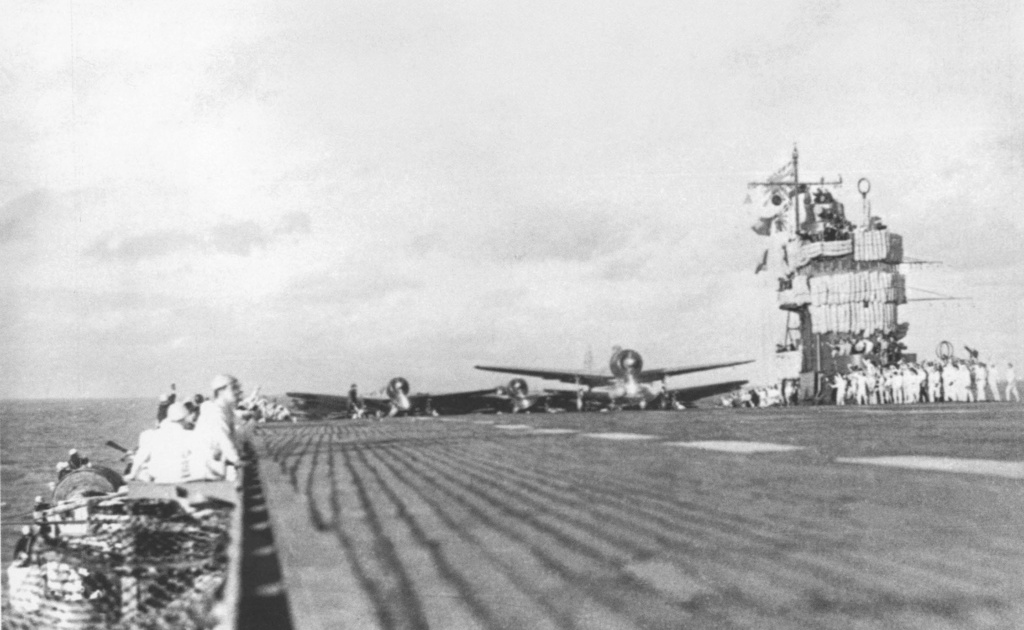
During his time as a POW, his wife believed him dead.įorbidden by the Potsdam Agreement to hold a government office, Abe diligently set out to shape himself a new career as a merchant. He made a forced landing on the island of Rota, between Saipan and Guam, and lived in a cave on the island until the end of the war, when he was taken prisoner and held for 15 months until he was repatriated to Japan. During the Battle of the Philippine Sea on June 19, 1944, Abe flew a one-way, long-range attack mission off the carrier Junyo. He participated in the attack on Pearl Harbor and later took part in raids on Dutch Harbor in the Aleutians, as well as battles in the Indian Ocean, Australia and the Pacific. Abe was assigned to the carrier Soryu and flew many missions in the Sino-Japanese War. (One saying goes, ‘The samurai glories in honorable poverty but takes a toothpick when he has not eaten.’)Īs an ensign, he enrolled in the Naval Air School he graduated a year later as a naval pilot. For four years Abe pursued a curriculum of naval subjects as well as language, mathematics, physics, history and other cultural subjects in the Spartan atmosphere of the samurai. He was successful in spite of competition that eliminated 39 out of 40 applicants.Ībe’s mother had died when he was 9, and only his father was on hand when he entered the Imperial Naval Academy in April 1933. He subsequently attended Yamaguchi High School, financed by a fund provided by the Bocho Military School, and at age 16, Abe took the entrance examination for the Imperial Naval Academy.

As Abe said, ‘My father was not skillful in his business, but he paid earnest attention to the education of his children.’Īfter completing the sixth grade in primary school, Abe passed the entrance examination for the Bocho Military School, which was a private school founded and operated by general officers of the Japanese army in Yamaguchi prefecture. Nevertheless, Abe’s father saved enough to send Abe’s older brother through high school and college. He grew up in a time of worldwide depression, and his father was financially hard pressed to provide for his family. Zenji Abe, one of the pilots who bombed Pearl Harbor, was born in 1916 in a small mountain village in Yamaguchi prefecture on the southern tip of the island of Honshu, the son of a sake brewer.

Lieutenant Zenji Abe: A Japanese Pilot Remembers Close


 0 kommentar(er)
0 kommentar(er)
